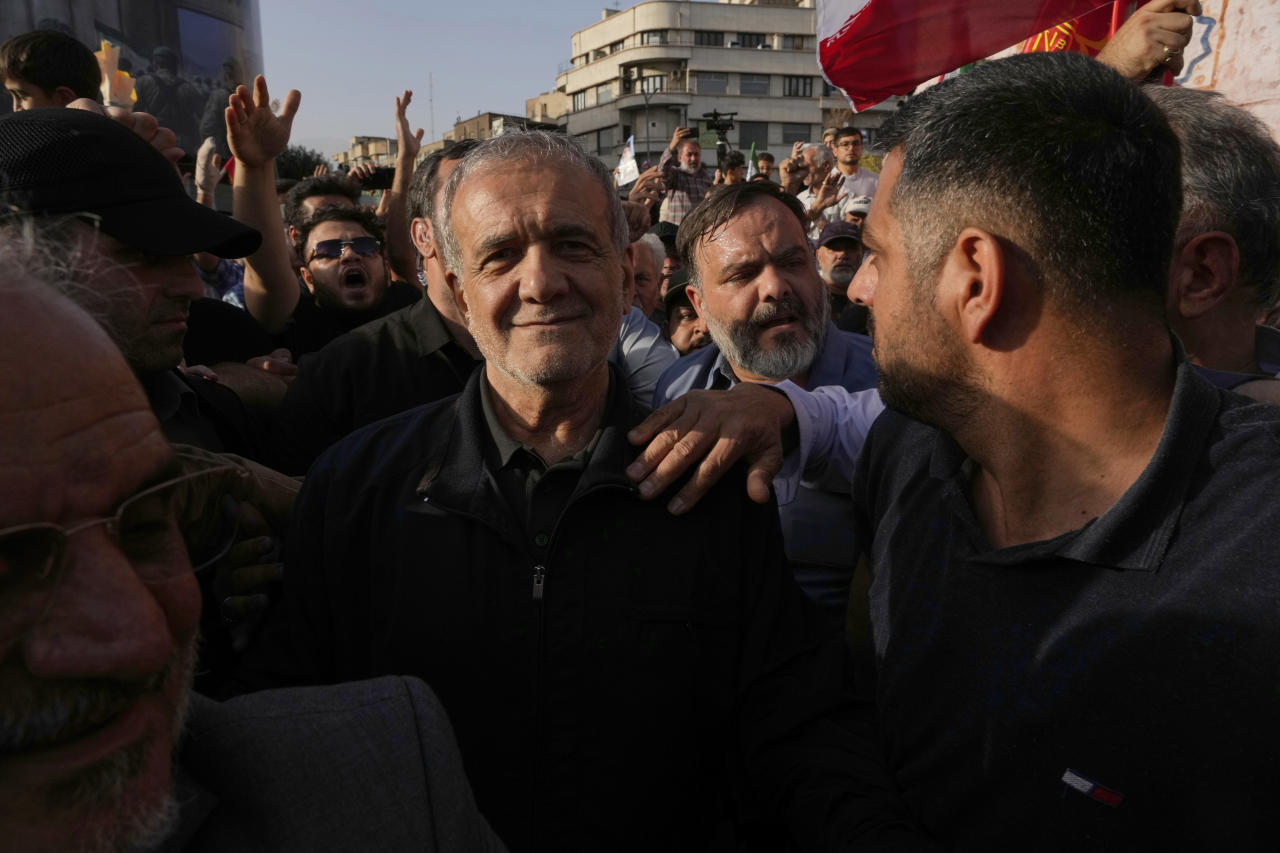In a significant geopolitical shift, Iran has announced the suspension of its cooperation with the International Atomic Energy Agency (IAEA), the United Nations’ nuclear watchdog. This decision, disclosed on Monday, effectively blinds the IAEA to any potential nuclear advancements that Tehran might pursue. The move has sparked international concern over the future of Iran’s nuclear activities and the broader implications for regional stability.
The announcement comes amid heightened tensions between Iran and Western powers, particularly following the United States’ withdrawal from the Joint Comprehensive Plan of Action (JCPOA) in 2018. The JCPOA, commonly known as the Iran nuclear deal, was a landmark agreement aimed at curbing Iran’s nuclear capabilities in exchange for the lifting of economic sanctions.
Background and Context
Iran’s decision to halt cooperation with the IAEA is not without precedent. In recent years, Tehran has gradually scaled back its commitments under the JCPOA, citing the failure of European signatories to mitigate the impact of U.S. sanctions. This latest development marks a further escalation in Iran’s defiance of international oversight.
Historically, Iran’s nuclear program has been a point of contention. While Tehran insists its nuclear ambitions are purely peaceful, aimed at energy production and scientific research, Western nations have long suspected the potential for weaponization. The IAEA has played a crucial role in monitoring Iran’s nuclear activities, ensuring compliance with international norms.
Expert Opinions and Reactions
Experts warn that the suspension of cooperation could lead to a dangerous proliferation of nuclear materials. Dr. Emily Landon, a nuclear policy analyst at the Center for Strategic and International Studies, remarked,
“Without the IAEA’s oversight, the international community loses a critical window into Iran’s nuclear activities. This raises the risk of clandestine developments.”
Meanwhile, European leaders have expressed deep concern over the potential collapse of the JCPOA framework. French President Emmanuel Macron urged Iran to reconsider its stance, emphasizing the importance of diplomatic engagement in resolving nuclear disputes.
Historical Parallels and Implications
The current scenario draws parallels with past nuclear standoffs, such as North Korea’s withdrawal from the Treaty on the Non-Proliferation of Nuclear Weapons (NPT) in 2003. That decision led to increased isolation and a subsequent acceleration of Pyongyang’s nuclear program, culminating in several nuclear tests.
For Iran, the suspension of IAEA cooperation could similarly result in heightened isolation and economic hardship. However, Tehran may be betting on leveraging its nuclear program as a bargaining chip in future negotiations with the West.
Looking Ahead
The international community now faces the challenge of addressing Iran’s nuclear ambitions while avoiding further escalation. Diplomatic efforts are likely to intensify, with potential mediation by neutral parties or international organizations.
According to sources within the IAEA, there is still hope for a diplomatic resolution, albeit with significant hurdles. The agency remains open to dialogue, emphasizing the importance of transparency and cooperation in maintaining global nuclear security.
As the situation unfolds, the world watches closely, aware that the stakes are high. The outcome of this impasse could shape the geopolitical landscape for years to come, influencing not only regional dynamics but also the broader non-proliferation regime.
